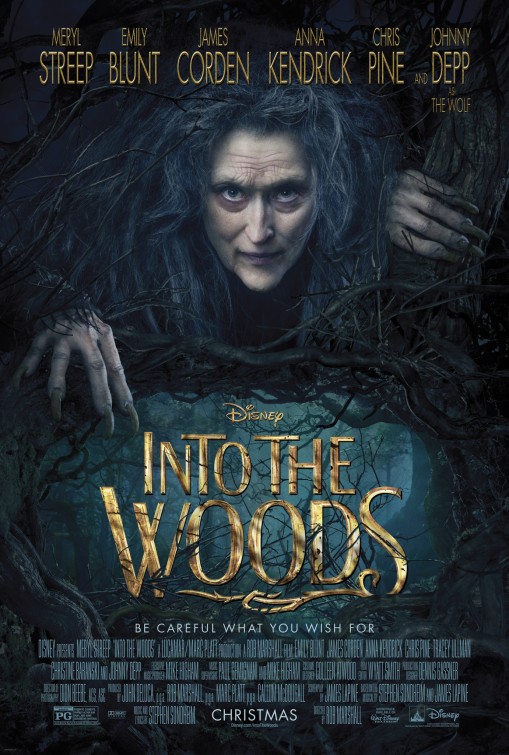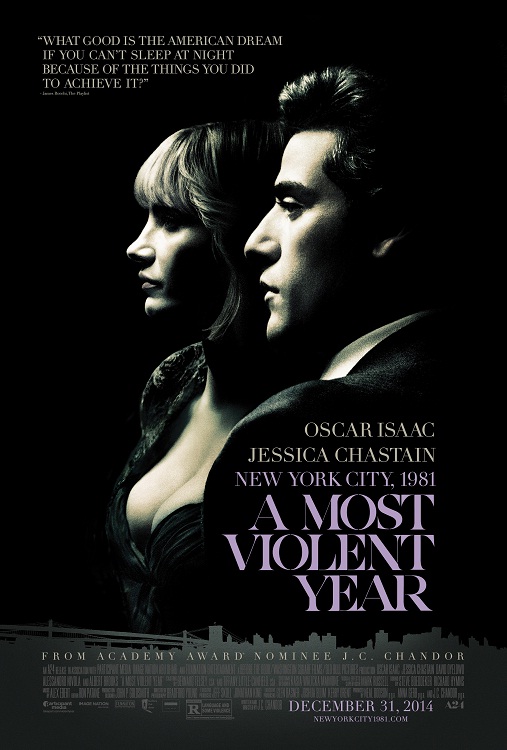 Directed by Andrey Zvyagintsev’s, Russia’s critically acclaimed entry into the foreign film Oscar race, titled Leviathan, focuses on Nikolai Kolya (Aleksey Serebryakov), an auto-repair shop owner with an attractive wife and a son from a prior marriage. They live in a remote fishing village in Russia on a beautiful piece of property next to the Barents Sea, it’s so nice in fact that the it’s caught the eye of the corrupt town mayor who will stop at nothing to make it his through a town ordered land seizure. In order to either protect his property or get proper compensation for it, Kolya recruits a former army buddy turned big city attorney to help him get the justice he deserves.
Directed by Andrey Zvyagintsev’s, Russia’s critically acclaimed entry into the foreign film Oscar race, titled Leviathan, focuses on Nikolai Kolya (Aleksey Serebryakov), an auto-repair shop owner with an attractive wife and a son from a prior marriage. They live in a remote fishing village in Russia on a beautiful piece of property next to the Barents Sea, it’s so nice in fact that the it’s caught the eye of the corrupt town mayor who will stop at nothing to make it his through a town ordered land seizure. In order to either protect his property or get proper compensation for it, Kolya recruits a former army buddy turned big city attorney to help him get the justice he deserves.
Leviathan was a much different film that I was expecting. The movie reminded me a lot of The Hunt, not in subject matter but in terms of how frustrating it can be to watch. You watch the film and you see an innocent man trying to collect on a wrong that’s been done, following the proper procedures but instead he hits a wall in every direction that he goes. Rather than playing fair and going through the system, Kolya and Dimitri must resort to blackmail in an attempt to win, what should be, a simple proceeding, but when corruption exists, the little guy is always going to have trouble no matter how right he is. To make matters worse, trouble begins to brew at home for Kolya, making his life even more stressful and causing him to drink much more than he already does.
While Kolya is certainly being wronged, he makes his situation progressively worse by being a hot head and a raging alcoholic. He gets locked up because he raised his voice in a police station after patiently trying to get answers and then later in the film he says some things before a tragic event that also add fuel to the mayor’s fire against Kolya’s appeal. Lastly, Kolya isn’t a religious man while much of the town is, by not being a part of that community it casts him as somewhat of an outsider, regardless if people are friends with him. Priests show up throughout the entire film and an important scene near the end of the film takes place at the church, putting a few more things in perspective for audience that’s so far removed from Russia.
Clocking in at two hours in 20 minutes, Leviathan is a film that moves steadily for the entire duration, there are a couple of scenes that get hooks in you so deep it’s impossible to get away if you wanted to, but a majority of the film feels slow and can be very trying it at time. A perfect example of this trying feeling is the opening shot of the film. It’s a striking couple of minutes of a nice musical score backing shots of the ocean and the bluffs. There are a handful of scenic shots in this opening but each one is held as long as an awkward stare, a few seconds longer than most people would normally keep eye contact. It’s moments like those which make the film seem heavier than it needs to be.
As I hinted at above, the film is beautifully shot, showing off the beautiful coast of the fishing village in the opening and closing scenes, but using the desolate yet lush landscape to highlight how alone the villagers really are and why it’s so easy for them to be taken advantage of. Even with the help of an outsider, it becomes clear that no matter what forces enter the equation, this town isn’t going to change and hope is something that’ll always be fleeting.
Long, brooding, frustrating and ultimately depressing, Leviathan, through beautiful cinematography, solid performances, and a restrained directorial hand, shows what life is like in rural modern Russia and the everyday folks that live there. While I personally think the film is a tad overrated, Zvyagintsev’s film is still an excellent and well-made film that deserves the recognition it has garnered, don’t be surprised if this ends up with an Oscar nomination this year.
Rating: A Long, frustrating and ultimately depressing look inside modern Russian politics in relation to its everyday people (7/10)

















Recent Comments